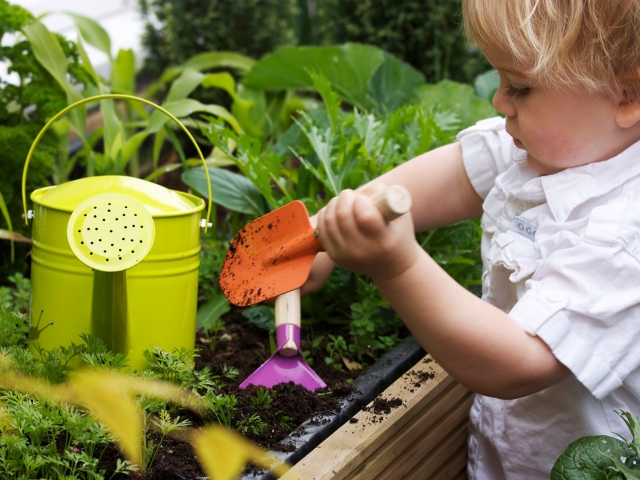Essential Food Skills That Your Kids Need To Know
Food skills help people to eat foods that meet nutritional guidelines, according to researchers. A recent study revealed that 56% of children in the US have poor diets which are putting their health at risk. As the food skills and knowledge your child has as a youngster can shape them for life, it’s essential that they’re taught the following information as soon as possible.

Where food comes from

Kids don’t naturally know where food comes from. One study found that more than one-third of 4 to 7-year-olds thought that foods such as cheese, chicken nuggets, and hot dogs came from plants. When kids understand the origin of different foods, they’re more likely to make healthy food choices. This will then cut the number of children with obesity, which currently stands at 1 in 6. The best way to teach children about where food comes from is to show them. Grow fruit and vegetables with them in the garden and take a tour around a food farm together. You might also want to consider introducing them to organically grown mushroom grow boxes that are compact and easy to take care of. Even a simple task like going to the grocery store can be turned into a food lesson.
Keeping food safe

Food safety is something that everyone needs to know about. Young children are 5 times more likely to get food poisoning as they have weaker immune systems, so hand washing before touching food should be encouraged from an early age. As your children mature, teach them the importance of storing food items correctly. Knowing that meat should be kept at the bottom of the fridge, fruit and vegetables should be washed before being eaten, and meat and fish should be prepared separately from other ingredients are good things to start with. Children also need to learn that incorrect food storage can result in pests in their homes. Rats are attracted to bread and peanut butter while ants like sticky foods like honey and maple syrup. You can keep rats and ants out of your kitchen, by teaching your children to tidy up after themselves. This will also stop pests from contaminating other food items which could potentially make them ill.
Cooking skills

56% of adults say they find it hard to make basic meals. Adults that can’t cook will raise a nation of children that can’t cook. As a result, the nation’s reliance on convenience meals and take-outs will continue and the nation’s health will decline. If you find cooking tricky, teach yourself the basics and pass the knowledge on to your kids. You could even learn together by using cookbooks and following online tutorials. Being able to make basic meals, such as pancakes, pasta, soup, and mashed potatoes will keep you all healthy and may even get your children interested in making more adventurous meals as their confidence grows.
Food skills can improve a child’s health, safety, and knowledge. By teaching your child these essential skills, you’ll shape their future and arm them with all the information they need to live a long and healthy life.





